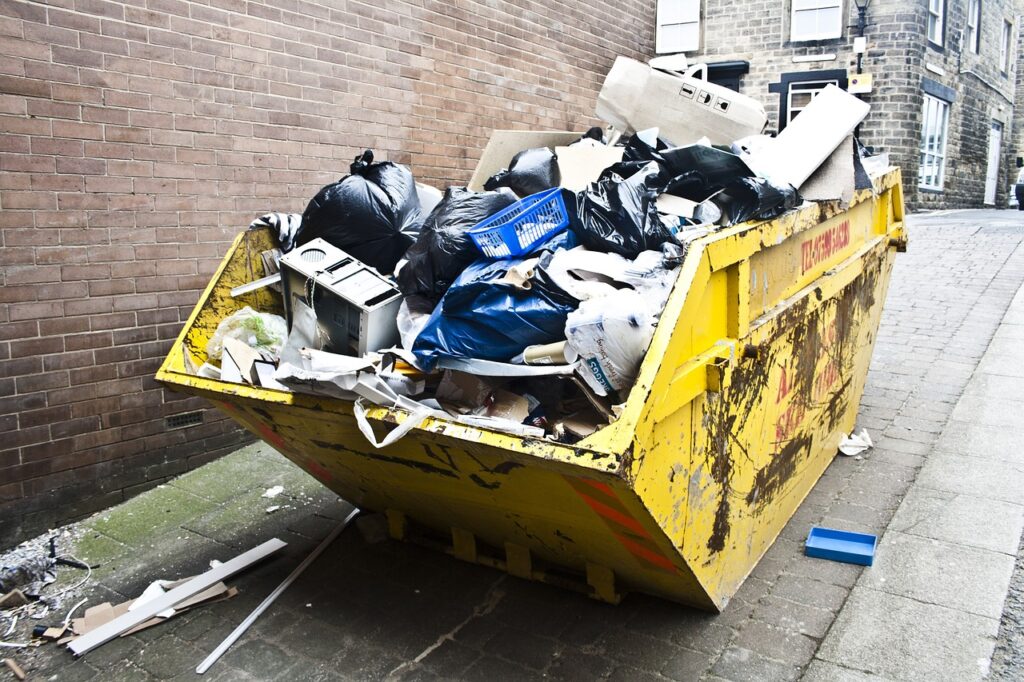In the quest for a sustainable future, it’s essential to look beyond the conventional “reduce, reuse, recycle” mantra. While these three R’s are crucial, there is a more comprehensive approach to sustainability that goes beyond just waste management. The 8 R’s of Sustainability offer a holistic framework for living a more eco-conscious life. In this article, we’ll explore what these 8 R’s are and provide practical guidance on how to apply them to transform your daily routines, contributing to a more sustainable and environmentally friendly lifestyle.
1. Refuse
The first R, “Refuse,” is about being selective in your choices. It involves saying no to unnecessary or harmful items or practices. To apply this in your life:
- Single-Use Plastics: Refuse single-use plastics like straws, bags, and utensils.
- Junk Mail: Opt out of unsolicited junk mail and newsletters to reduce paper waste.
- Fast Fashion: Avoid fast fashion and choose quality, long-lasting clothing items.
2. Reduce
“Reduce” emphasizes the importance of using fewer resources and consuming less. To reduce your environmental footprint:
- Energy Consumption: Lower your energy consumption by using energy-efficient appliances and turning off lights when not in use.
- Water Usage: Conserve water by fixing leaks, using low-flow fixtures, and collecting rainwater.
- Food Waste: Reduce food waste by planning meals, composting, and buying only what you need.
3. Reuse
“Reuse” is all about extending the lifespan of items and materials. Apply this R by:
- Shopping Secondhand: Embrace thrift stores and consignment shops for clothing and household items.
- Upcycling: Get creative by upcycling old items into something new and useful.
- Reusable Products: Invest in reusable items like water bottles, containers, and shopping bags.
4. Repair
Instead of discarding items at the first sign of trouble, “Repair” encourages you to fix what’s broken. This includes:
- Clothing: Learn basic sewing skills to repair torn clothing or bring items to a tailor.
- Electronics: Choose repair over replacement when your gadgets break.
- Furniture: Restore or refurbish furniture instead of buying new pieces.
5. Repurpose
“Repurpose” involves giving new life to old items in innovative ways. Examples include:
- Turning Old Doors into Tables: Transform old wooden doors into unique tables.
- Gardening with Recycled Containers: Use old containers as plant pots.
- Creating Art from Scraps: Craft artwork from materials that would otherwise be discarded.
6. Recycle
Recycling involves converting materials into new products. To apply this R effectively:
- Know Your Local Recycling Guidelines: Understand what materials your local recycling program accepts.
- Properly Sort and Clean: Ensure items are clean, dry, and correctly sorted for recycling.
- Choose Recycled Products: Support the recycling industry by purchasing products made from recycled materials.
7. Rot (Compost)
“Rot” focuses on organic waste and the benefits of composting. Implement this R by:
- Composting Kitchen Scraps: Compost fruit and vegetable scraps, coffee grounds, and yard waste.
- Avoid Landfills: Divert organic waste from landfills to enrich your garden or local community. For other tips on costing, check out our article about the art of composting.
8. Rethink
The final R, “Rethink,” is about changing your mindset and being open to new, sustainable possibilities. To apply this R:
- Question Convenience: Consider whether convenient choices align with your values.
- Research Sustainable Alternatives: Investigate and explore new sustainable products and practices.
- Advocate for Change: Encourage sustainable practices in your community and at work.
The 8 R’s – A Comprehensive Path to Sustainability
Incorporating the 8 R’s of Sustainability into your life is a profound way to make a positive impact on the environment and contribute to a sustainable future. These principles go beyond the surface level of reducing waste and encourage a deeper understanding of the impact of your choices. By refusing, reducing, reusing, repairing, repurposing, recycling, rotting, and rethinking, you can transform your daily routines and be a part of a global movement towards a more eco-conscious world. Start with small steps, and watch as your efforts gradually become a powerful force for positive change in your life and your community.



